You’re only truly inducted into parenthood when you realise the school summer holidays are not the six weeks of carefree freewheeling you remember from your youth, but are, in fact, a massive childcare headache.
Scots parents are living it right now. In the rest of the UK, mums and dads are still at the “counting out their remaining holiday allowance and requesting access to the grandparents’ diaries” stage. It’s just one more thing to worry about. In a word: stress.
And there’s no shortage of stress to go round at the moment. It’s no wonder folk are switching off the news, because the coverage of war, government sleaze, and the cost of living just makes them feel anxious.
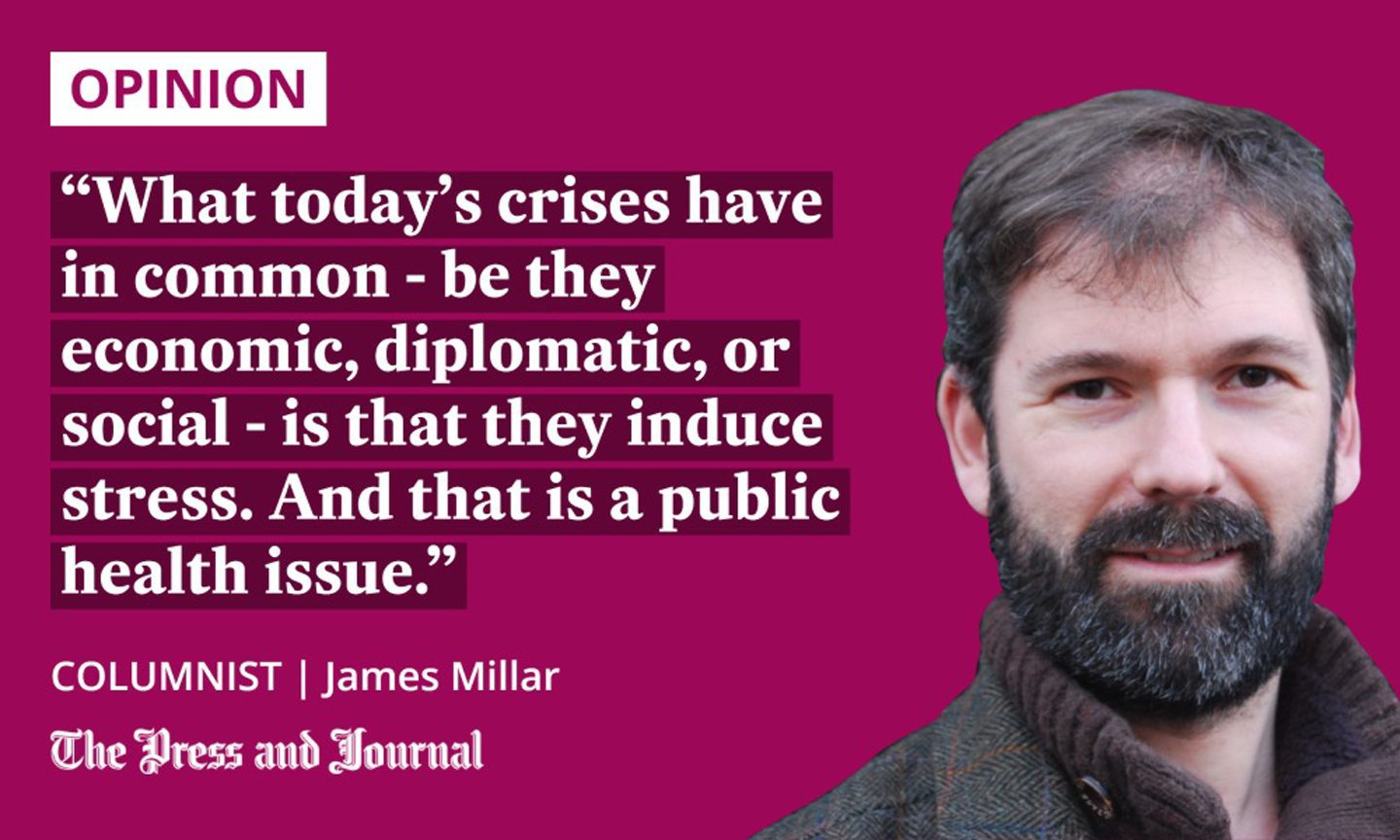
Unhelpfully, at a conference I attended recently covering topics including Ukraine, the energy crisis and post-Brexit politics, one speaker summed up the situation thus: “Things can always get worse”.
And, that mantra has been proved correct with the news that Covid is back from its hols.
Stress is a public health issue
The Conservative administration in Westminster has an answer to all of the above: cut taxes. The SNP government in Edinburgh has a solution of its own: Scottish independence. Both are inadequate.
Because what today’s crises have in common – be they economic, diplomatic, or social – is that they induce stress. And that is a public health issue, for stress causes or exacerbates almost all conditions, from cancer to mental health problems.
For too long, the focus of running the country has been on swelling the economy in pursuit of growing GDP. The logic is that if people are better off then happiness and health will take care of themselves. But, good luck finding a millionaire who says that their wealth allowed them to decouple from everyday headaches and stress.
People-centred politics is the way forward
Imagine the relief if our governments announced they’ll prove they’re on our side by focusing all their efforts on minimising stress for everyone.
That means making the trains run on time, ensuring everyone can get a GP appointment more easily, getting the cost of the weekly shop down, introducing the promised extension to flexible working.
It’s likely a bit of anxiety keeps us on our toes, but constant overload makes it harder to pick the real threats from the flimflam
Governments can’t eliminate stress. It’d be wonderful if every time Jason from work made that weird “uh-huh” noise on the phone, state agents burst in and administered justice, but it ain’t going to happen.
It’s likely a bit of anxiety keeps us on our toes, but constant overload makes it harder to pick the real threats from the flimflam. Would anyone vouch for our current social set-up as one that actively minimises stress?
As we forge deeper into a future characterised by crises, a truly people-centred politics would turn a blind eye to the balance sheet and focus on nurturing a less stressed citizenry.
James Millar is a political commentator, author and a former Westminster correspondent for The Sunday Post
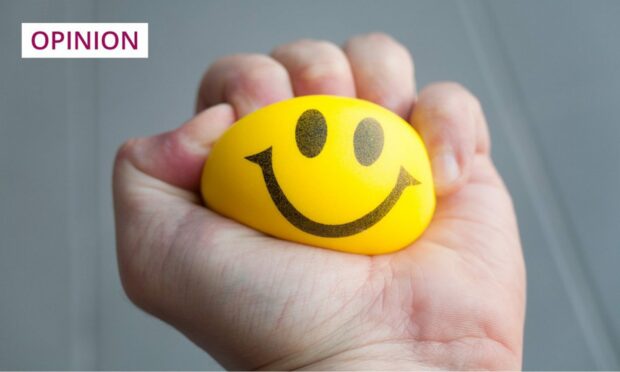

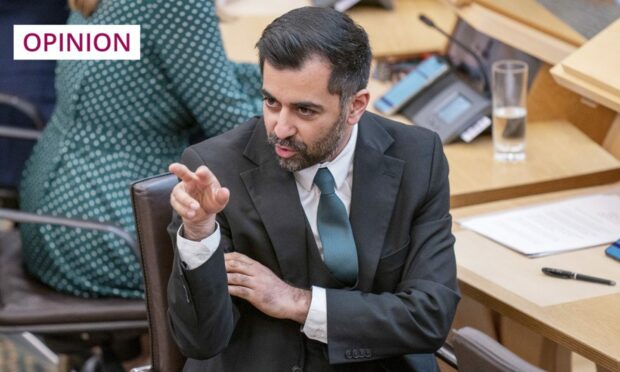
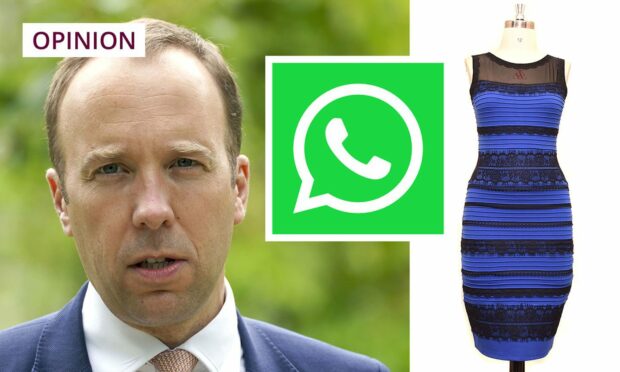
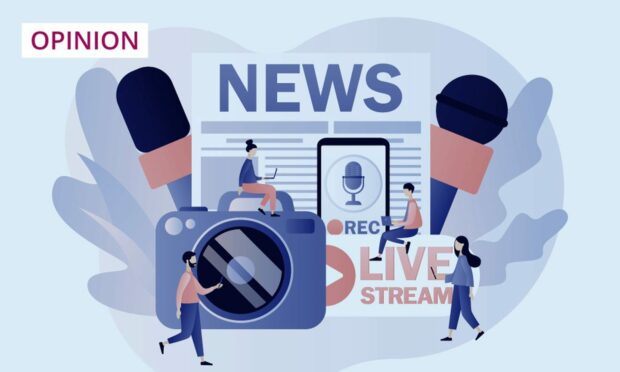
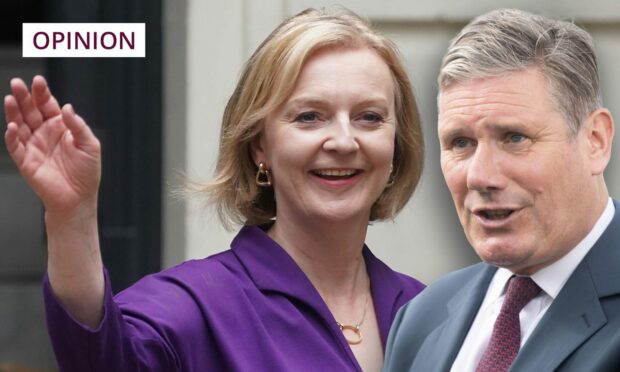
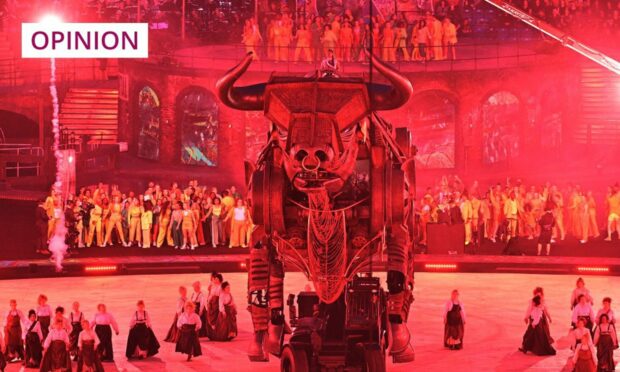
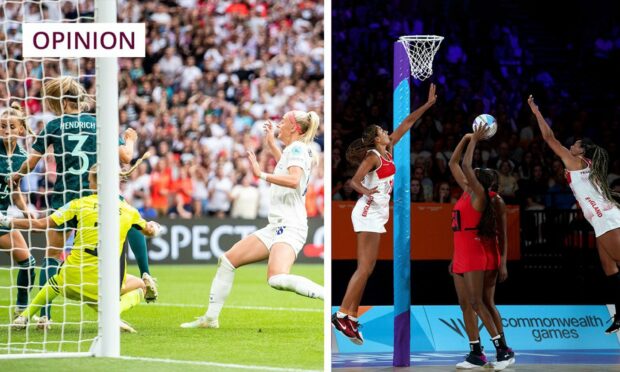










Conversation